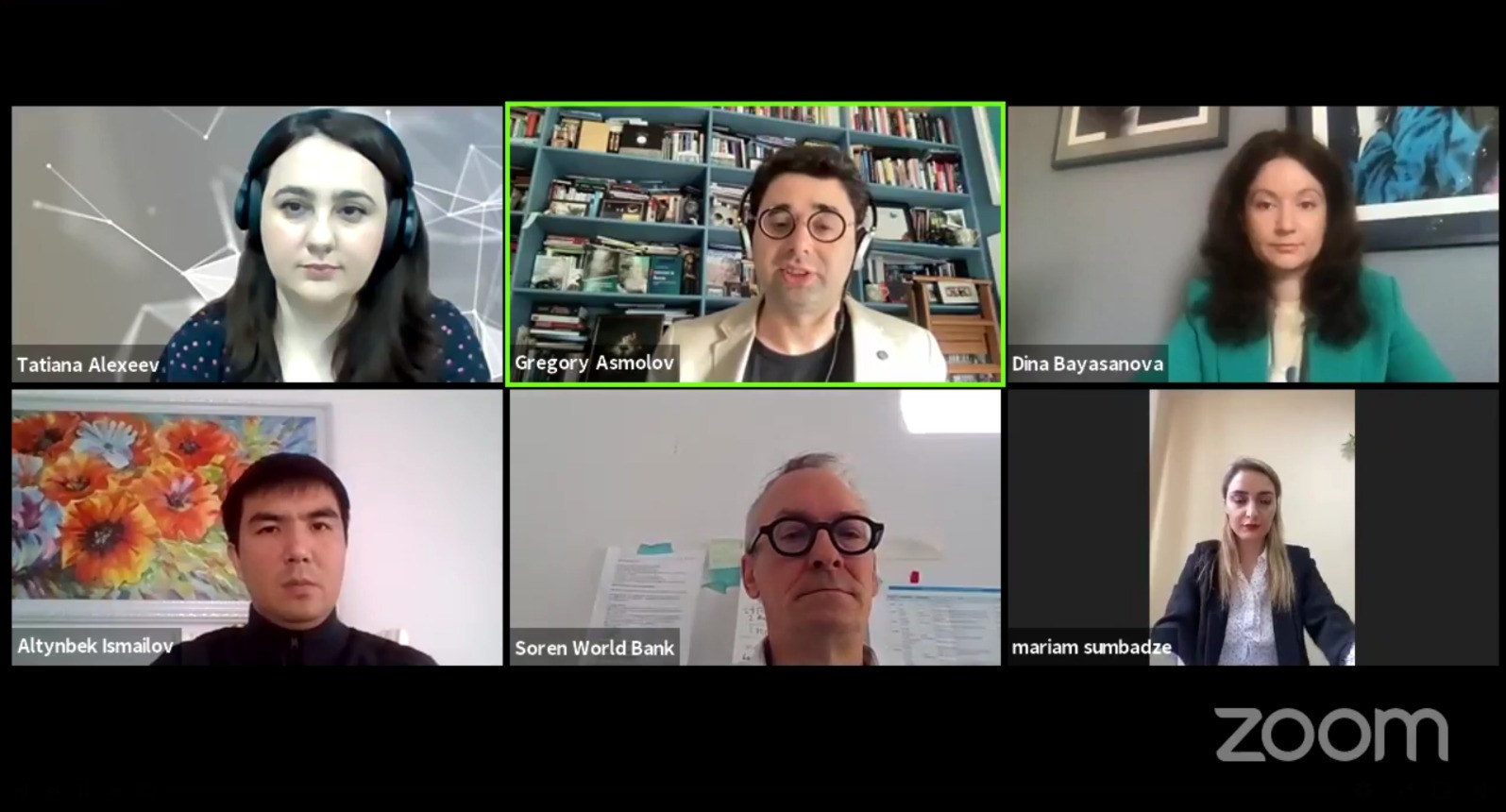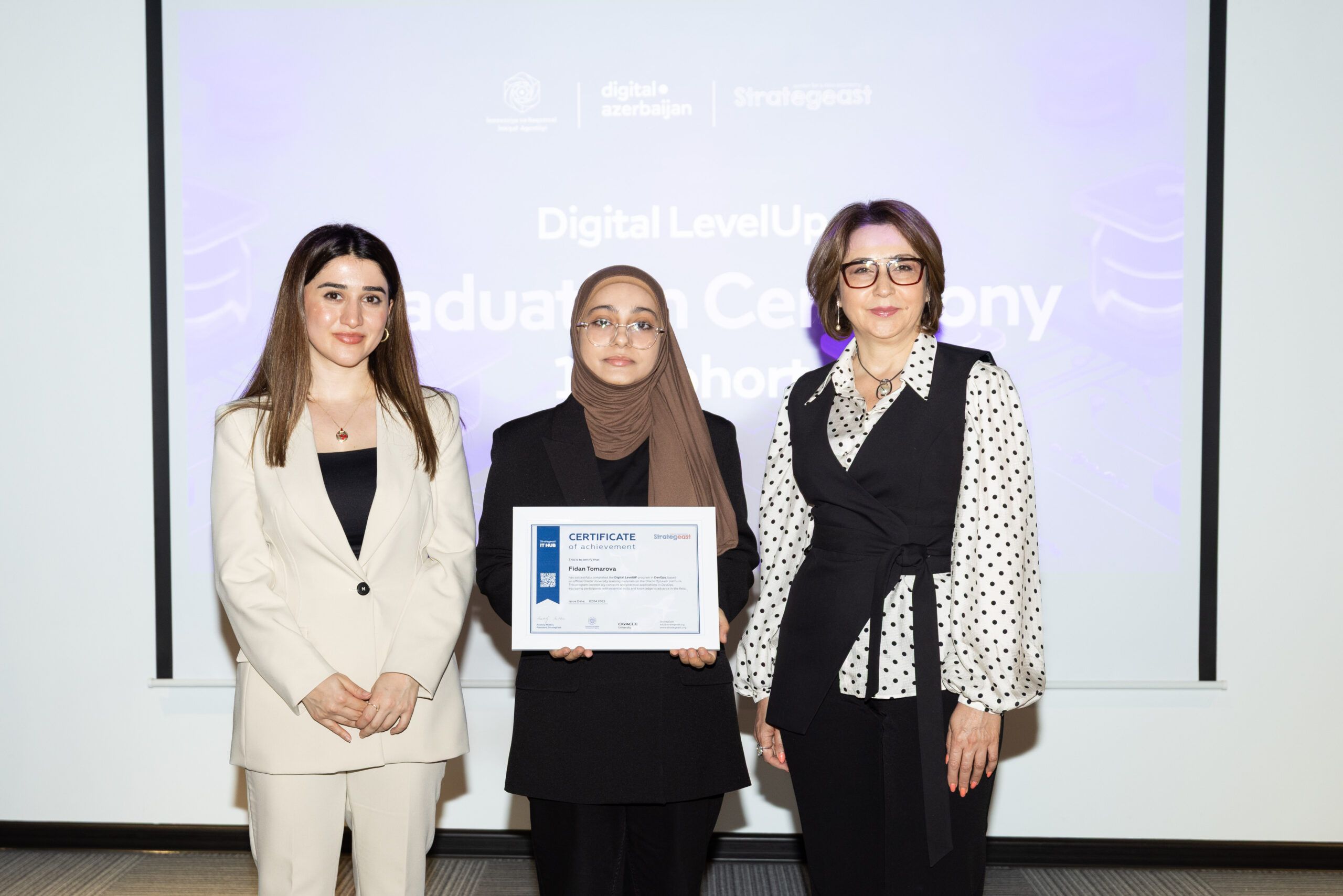According to the recent “Future of Jobs” report the global labor market experience “double disruption” due to the Covid-19 pandemic and continuous technological acceleration. More and more jobs are either becoming redundant due to quarantine-related limitations or getting replaced by automation. In that context, the World Economic Forum declared a “reskilling emergency” while “40% of current worker’s core skills are expected to change in the next 5 years” and “50% of all employees will need reskilling by 2025”. That said, experts argue that there is a short window of opportunity for “a renaissance on skills” that can support the development of a new digital economy and digitalization. In that light reskilling revolution means that “as the skills gap grows, developing innovative solutions calls for holistic thinking and collective action.”
The purpose of the panel “The future of talent: new tools and policies to address skills” was to identify the best tools and practices that allow harnessing the opportunities related to “a renaissance on skills” and support transformation towards a new future of work and talent.
Dina Baysanova, CEO of Pitchme.co spoke about modern trends in recruitment, “Old tools for recruitment do not fit the new environment. The technological solution to this problem is the transition from HR tech to future-of-work tech. This approach includes, in particular, the transition from traditional CVs to a dynamic digital candidate profile. With the help of learning machines and artificial intelligence, a new professional identity is created, which includes not only hard but also soft skills, not only define sufficient knowledge for the candidate, but also for the corporate culture of a particular company. ”
“While defining how skills keep up with the market the key factor is the time,” says Soren Nellemann, Senior Economist with the World Bank’s Education Global Practice. “Changing the occupational standards takes 2-3 years. And during this time, the environment changes again. The state is not able to be sufficiently responsive and timely upgrade the standards – this is, unfortunately, a state’s nature. And therefore, the solution can only be when the private sector deals with this. I also see that in most developing countries where the World Bank operates, the educational system is based on the realities of the 19th century, the industrial economy. One of the problems is that parents teach children on the basis of their educational experience. And one of the challenges is to involve parents in a complete change of the educational system so that it meets today’s realities.”
“In Moldova, we are solving the problem of modern skills at the level of school education,” says Tatiana Alexeev, Digital Education Consultant at ATIC companies Moldova. “With the support of the Ministry of Education, USAID, the Government of Sweden, UNDP, we have launched the Tekwill program in every school where we teach children the basics of programming, graphic design, artificial intelligence, entrepreneurship. In 2020, the program was available in 77 schools, and in 2021 it will operate in 234 schools. Over the course of the year, we will also triple the number of teachers who teach under this program. This year the program will reach 20,000 students.”
“For Kyrgyzstan, one of the most difficult tasks is to find tutors who could train a potential employee in modern skills. Those who have such skills always have more attractive offers on the market. Therefore, I am glad to see technological solutions that could solve this problem with the help of remote education,” says Altynbek Ismailov, Ex-Chairman of the State Committee of Information Technology and Communications of Kyrgyz Republic (2020-2021).
“Today Georgia as a state is undergoing digital transformation,” says Mariam Sumbadze, Managing Director at Georgian ICT Cluster. “It is critically important that every business also goes through digital transformation. And the employee immediately gets into a new, digital work environment, where he can use those digital skills that he acquired through the state system of digital education.”
The panel discussion was moderated by Dr. Gregory Asmolov, King’s College London.
StrategEast.Live is a series of online panel discussions launched by StrategEast in 2020 to continue the conversation on how technology can lead to an overall transformation in Eurasia. During these events, the esteemed guests put forward ideas that facilitate the further development of a knowledge-driven economy in the region.




